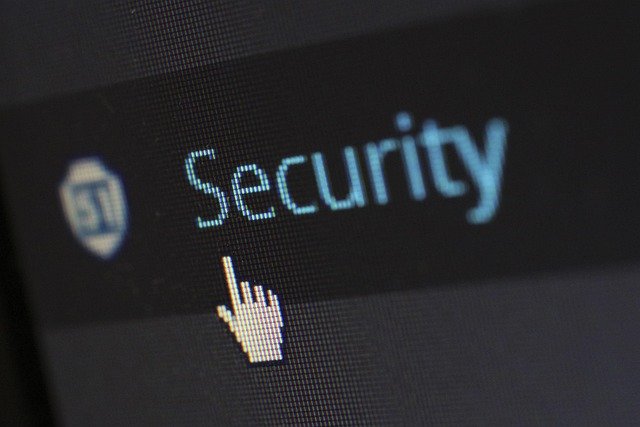Legal Implications of Quantum Computing in Cybersecurity
Introduction: The intersection of quantum computing and cybersecurity law presents a groundbreaking frontier in legal and technological realms. As quantum technologies advance, they pose unprecedented challenges to existing encryption methods and data protection laws. This article explores the legal landscape surrounding quantum computing's impact on cybersecurity, examining the need for new regulations and the potential reshaping of digital privacy frameworks.

Cryptography in the Quantum Era
The advent of quantum computing necessitates a reevaluation of cryptographic standards enshrined in current cybersecurity laws. Many of today’s encryption methods rely on mathematical problems that are difficult for classical computers to solve. However, quantum algorithms like Shor’s algorithm could theoretically break these encryptions in a fraction of the time. This vulnerability exposes a critical gap in legal frameworks designed to protect digital information. Lawmakers and cybersecurity experts are now racing to develop and implement quantum-resistant cryptographic standards to safeguard sensitive data in the quantum era.
Legal Challenges in Data Protection
The potential of quantum computers to decrypt previously secure information raises significant legal questions about data protection and privacy. Existing laws, such as the General Data Protection Regulation (GDPR) in Europe and various state-level data protection acts in the United States, may need substantial revisions to address quantum-related vulnerabilities. Legal experts are debating the extent to which organizations should be held responsible for protecting data against future quantum attacks. This discussion includes considerations of retroactive liability and the need for proactive measures in anticipation of quantum computing’s widespread availability.
Regulatory Responses and International Cooperation
Governments worldwide are beginning to recognize the need for quantum-specific regulations in cybersecurity. The United States National Institute of Standards and Technology (NIST) is leading efforts to standardize post-quantum cryptography, which will likely influence future legislation. Similarly, the European Union’s Quantum Flagship initiative includes legal and ethical considerations in its research agenda. International cooperation in developing cohesive legal frameworks for quantum cybersecurity is crucial, as the borderless nature of digital threats requires a coordinated global response. Legal experts are advocating for treaties and agreements that address quantum-related cybersecurity concerns on an international scale.
Intellectual Property and Quantum Technologies
The development of quantum computing technologies also raises complex intellectual property issues. Patent laws may need to evolve to adequately protect quantum algorithms and hardware designs while fostering innovation in the field. The legal community is debating how to balance intellectual property rights with the need for open collaboration in quantum research. Additionally, the potential for quantum computers to break current encryption methods used to protect trade secrets and confidential business information adds another layer of complexity to intellectual property law in the quantum age.
Ethical and Constitutional Considerations
The unprecedented power of quantum computing in breaking encryption and potentially accessing vast amounts of personal data raises significant ethical and constitutional questions. Legal scholars are examining how quantum technologies might impact Fourth Amendment protections against unreasonable searches and seizures in the digital realm. The potential for quantum computers to decrypt historical communications also prompts discussions about the right to privacy and the principle of non-retroactivity in law. These ethical considerations are shaping the development of legal frameworks to govern the use of quantum technologies in law enforcement and national security contexts.
In conclusion, the legal implications of quantum computing in cybersecurity represent a complex and evolving field of study. As quantum technologies continue to advance, legal systems worldwide must adapt to protect individual privacy, ensure data security, and foster technological innovation. The coming years will likely see significant legislative and regulatory changes as the legal community works to address the challenges and opportunities presented by the quantum revolution in computing.





